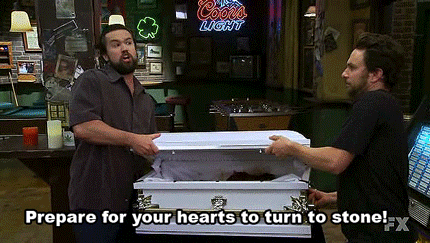Now use the stone to make the tidal lagoons that generate power all the time we have a moon.
Bottom of the ocean. It's rising anyway so there's more water to hide it all. What could go wrong?Where do we put all that stone though?



